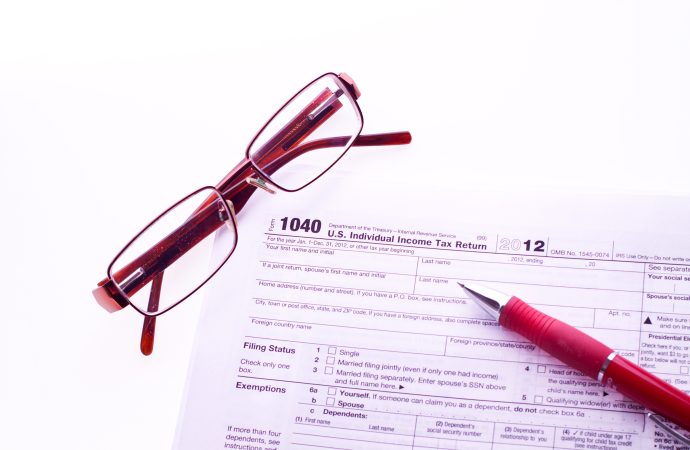In today’s rapidly evolving business landscape, small businesses face numerous challenges, and one crucial aspect that demands their attention is tax planning. Effective tax planning not only helps small businesses maximize savings but also ensures compliance with legal obligations. In this article, we will explore key strategies and considerations for small business owners to
In today’s rapidly evolving business landscape, small businesses face numerous challenges, and one crucial aspect that demands their attention is tax planning. Effective tax planning not only helps small businesses maximize savings but also ensures compliance with legal obligations. In this article, we will explore key strategies and considerations for small business owners to optimize their tax planning efforts.
1. Understanding Tax Obligations:
Before diving into tax planning, it is essential for small business owners to have a clear understanding of their tax obligations. This includes identifying the appropriate tax forms, deadlines, and any specific requirements based on the business structure (e.g., sole proprietorship, partnership, corporation).
2. Organized Record-Keeping:
Maintaining accurate and organized financial records is the foundation of effective tax planning. Small business owners should keep track of income, expenses, receipts, and invoices throughout the year. Utilizing accounting software or hiring a professional bookkeeper can streamline this process and ensure compliance.
3. Choosing the Right Business Structure:
Selecting the appropriate business structure can significantly impact tax planning. Each structure has its own tax implications, so it is crucial to consult with a tax professional or attorney to determine the most advantageous option for your business.
4. Deductible Expenses:
Identifying and maximizing deductible expenses is a key strategy for small businesses to reduce their tax liability. Common deductible expenses include office rent, utilities, employee wages, marketing costs, and business-related travel expenses. However, it is important to ensure that all deductions are legitimate and supported by proper documentation.
5. Utilizing Tax Credits and Incentives:
Small businesses may be eligible for various tax credits and incentives offered by local, state, and federal governments. These incentives can range from research and development credits to energy-efficient equipment deductions. Staying informed about available credits and incentives can help small businesses save significantly on their tax bills.
6. Retirement Plans:
Establishing a retirement plan not only helps small business owners secure their financial future but also offers tax advantages. Contributions to retirement plans, such as Simplified Employee Pension (SEP) IRAs or 401(k) plans, are tax-deductible, reducing the business’s taxable income.
7. Seek Professional Guidance:
Navigating the complexities of tax planning can be overwhelming for small business owners. Engaging the services of a qualified tax professional or certified public accountant (CPA) can provide valuable expertise and ensure compliance with tax laws and regulations.
Remember, tax planning is an ongoing process that requires regular review and adjustment. Small business owners should stay updated on changes in tax laws and seek professional advice to adapt their strategies accordingly.
By implementing these tax planning strategies, small businesses can maximize savings, maintain compliance, and allocate resources more effectively. As always, it is crucial to consult with a tax professional to tailor these strategies to your specific business needs.
Disclaimer: The information provided in this article is for general informational purposes only and should not be considered as professional tax advice. Small business owners are advised to consult with a qualified tax professional for personalized guidance based on their specific circumstances.
Sources:
– Small Business Administration (SBA): https://www.sba.gov/business-guide/manage-your-business/pay-taxes
– Internal Revenue Service (IRS): https://www.irs.gov/businesses/small-businesses-self-employed

















Leave a Comment
Your email address will not be published. Required fields are marked with *